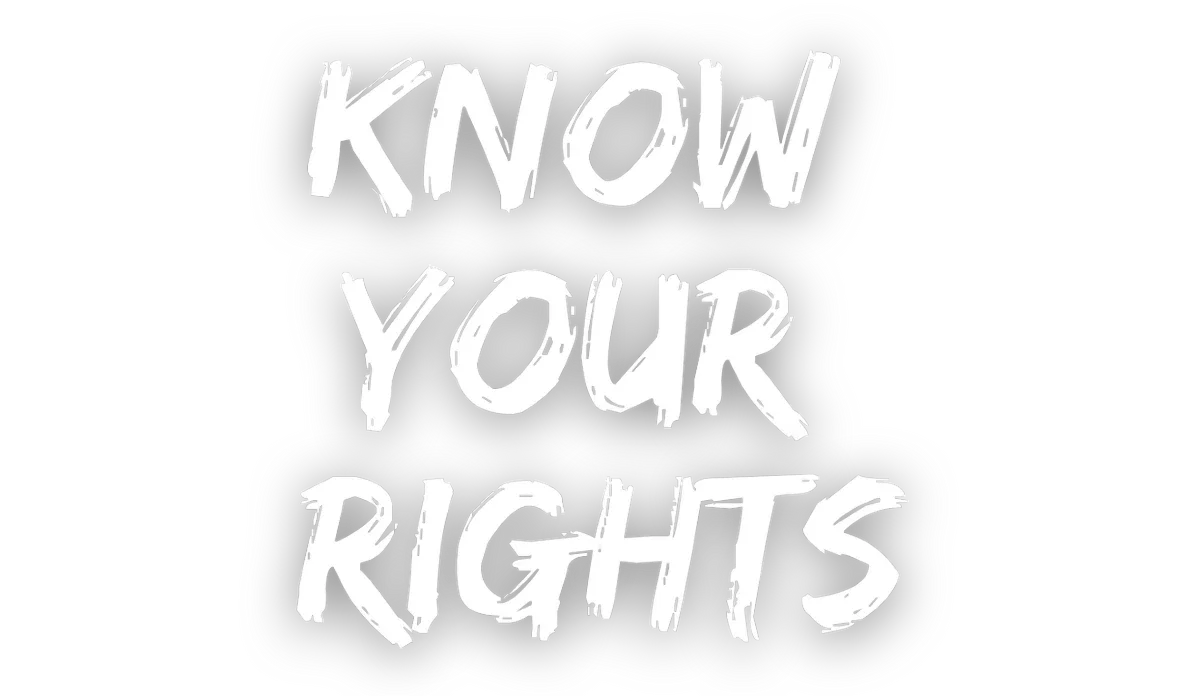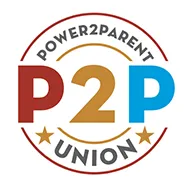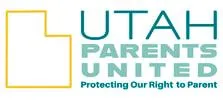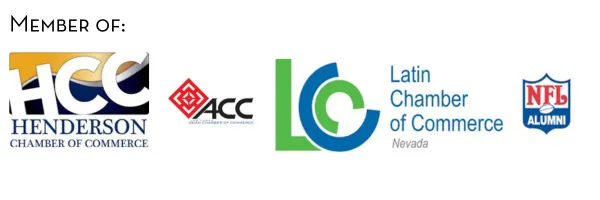

Mission Statement
To Champion families by safeguarding the vital role of parents in directing the education and upbringing of their children.
Vision Statement
To empower every parent with the tools and support to confidently guide their child’s care and education with confidence and purpose.

Parental rights are the cornerstone of a thriving society. Parents have the deepest understanding of their children’s unique needs, values, and potential. Protecting these rights ensures that families, not external systems, shape a child’s education, upbringing, and future. When parents are empowered, children flourish, and communities grow stronger. By defending parental rights, we safeguard the foundational bond that nurtures confident, capable, and compassionate individuals.
Powerful Parents. Powerful Union.
Advocacy
Civic Engagement: Patriot Camp
Parents in Recovery:
The Fatherhood Project
Empowered parents are the key to protecting kids.

“The Constitution of the United States clearly supports the family unit as the foundation upon which a strong society is built. More than anytime in the history of this nation, parental rights are under attack by government.”


follow us

contact

Copyright 2023 Power2Parent. We are a 501c3 organization. Your donations are tax deductible. For more information or questions contact us.


